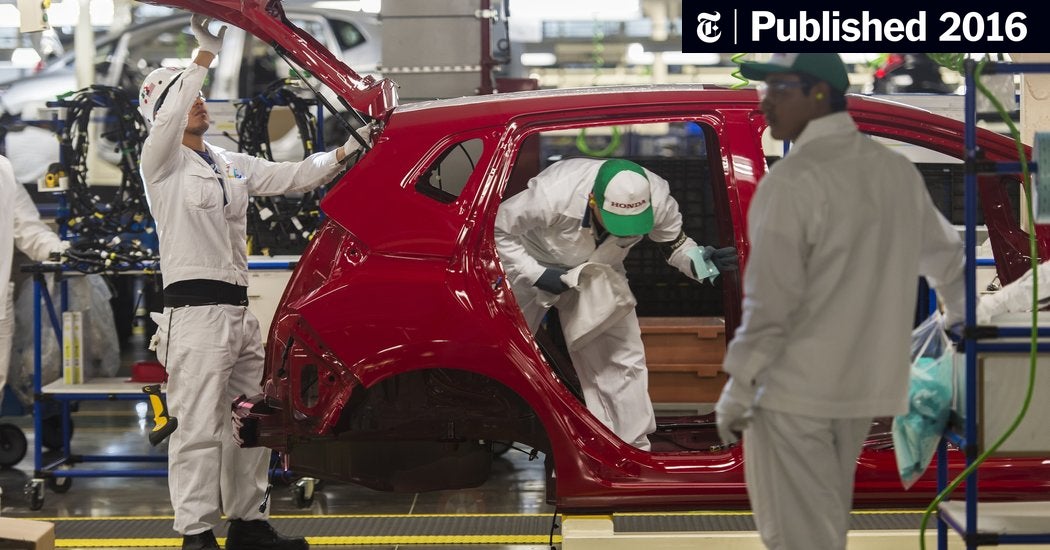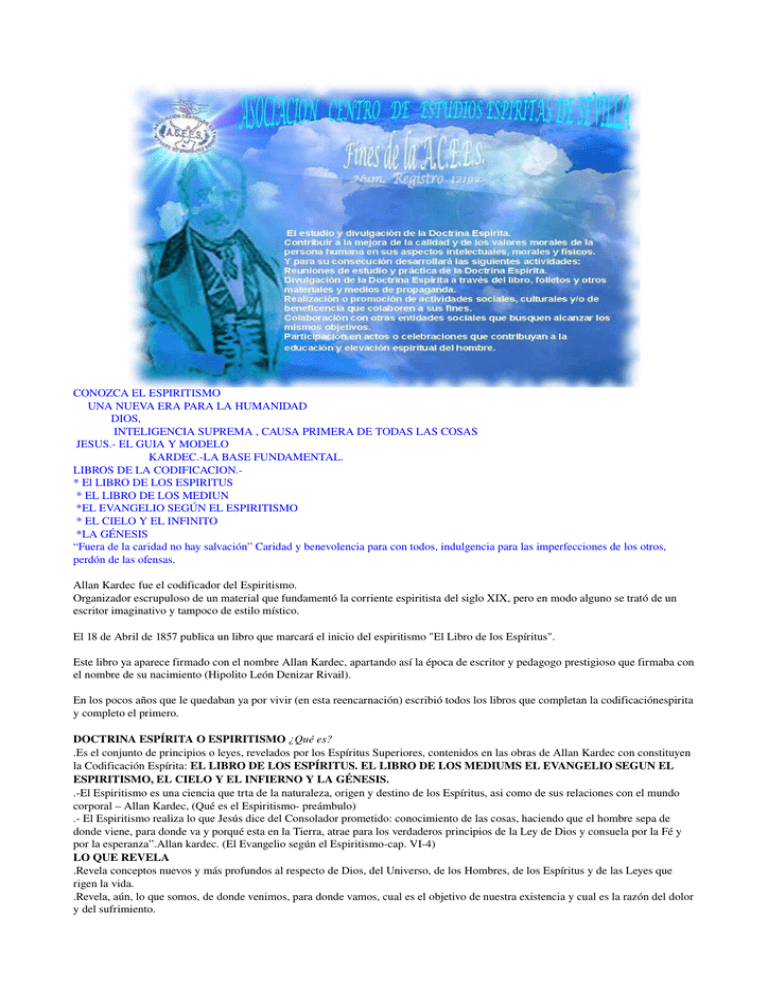US Dismissal Of Auto Industry's UK Trade Deal Worries

Table of Contents
UK Auto Industry Concerns: Tariff Barriers and Regulatory Divergence
The UK automotive industry faces significant challenges in navigating the post-Brexit trade relationship with the US. Key concerns revolve around two major areas: tariff barriers and regulatory divergence. These issues threaten the competitiveness and profitability of UK car manufacturers and their supply chains.
- Increased costs for exporting cars to the US: The absence of a comprehensive trade agreement means UK-made vehicles now face tariffs when exported to the US, significantly increasing the cost of goods and potentially pricing them out of the market. This directly impacts the profitability of UK car manufacturers.
- Reduced market share for UK-made vehicles: Higher prices due to tariffs make UK cars less competitive against US-made and other imported vehicles, leading to a potential decline in market share. This could result in lost revenue and decreased production.
- Potential job losses in the UK auto sector: Reduced competitiveness and decreased production inevitably lead to the threat of job losses across the UK automotive industry, impacting both manufacturing and related supply chain roles. This ripple effect could have devastating consequences for local economies.
Beyond tariffs, regulatory divergence between the US and the UK presents further obstacles. Differences in safety and emissions standards, for example, necessitate costly adjustments to vehicles destined for the US market, adding to the overall production costs and eroding the UK industry's competitiveness. Meeting these differing US automotive regulations places an additional burden on UK manufacturers, potentially hindering their ability to compete effectively. The complexity of navigating these differing regulatory landscapes adds another layer of difficulty for UK car exports.
The US Perspective: Minimal Impact and Focus on Bilateral Deals
The US government, however, has largely downplayed the concerns of the UK auto industry. Their perspective hinges on several key arguments:
- Emphasis on the broader global automotive market: The US focuses on the larger picture, suggesting that the UK auto industry can offset any losses in the US market by focusing on other export destinations. This minimizes the specific impact of US tariffs on the UK automotive sector.
- Focus on bilateral trade agreements with other countries: The US prioritizes its existing and potential bilateral trade deals with other nations, viewing these as more strategically significant than a focused agreement with the UK. This strategy suggests a less prioritized relationship with the UK in terms of specific trade agreements.
- Potential for future trade negotiations with the UK: While currently dismissive of immediate concerns, the US leaves the door open for potential future trade negotiations with the UK, suggesting a longer-term perspective on resolving trade issues. This implies a wait-and-see approach, with no immediate solutions offered.
This stance is supported by statements from US officials who emphasize the importance of a competitive global automotive market and the country's broader trade priorities. Their focus on bilateral agreements with other nations suggests a strategy that prioritizes relationships with other countries over a more specific and immediate focus on addressing the UK's automotive sector concerns.
Impact on the UK Economy and Potential Solutions
The US dismissal of the UK auto industry's concerns has significant implications for the UK economy. The potential consequences are far-reaching:
- Economic impact assessment of potential tariff increases: Detailed economic modeling is needed to fully understand the potential impact of the continued tariff barriers on UK GDP and investment. These studies are crucial to effectively lobbying for change and assessing the cost to the nation.
- Job losses in the UK automotive supply chain: The impact extends beyond car manufacturers. The entire supply chain, including parts suppliers and logistics companies, is vulnerable to job losses if exports to the US decline. This wider economic impact needs to be considered.
- Impact on UK investment in the automotive sector: Uncertainty surrounding trade relations with the US discourages further investment in the UK automotive sector, hindering growth and innovation. This makes the UK a less attractive place to invest.
To mitigate the impact of this US dismissal, several solutions are available:
- Intensified lobbying efforts: The UK government and the automotive industry need to step up lobbying efforts to persuade the US administration to reconsider its stance and negotiate a mutually beneficial trade agreement.
- Exploration of alternative trade routes: Diversifying export markets to reduce reliance on the US is vital. Focusing on trade with the EU and other global markets can lessen the impact of US tariffs.
- Investment in innovation and diversification: Investing in new technologies and diversifying production to cater to different market demands can increase resilience against trade shocks. This can include investing in electric vehicle technology or focusing on niche market segments.
Conclusion: The Future of US-UK Auto Trade Relations
The US dismissal of the UK auto industry's concerns regarding trade barriers and regulatory divergence presents a significant challenge for the UK economy. The potential for job losses, reduced GDP growth, and decreased investment in the automotive sector highlights the urgent need for action. Addressing these worries requires a multifaceted approach, including intensified lobbying, exploring alternative trade routes, and fostering innovation. The future of US-UK auto trade relations hinges on finding mutually beneficial solutions that alleviate the concerns of the UK auto industry and ensure a fair and competitive trading environment. Stay informed about developments in US-UK trade relations, contact your representatives, and participate in relevant discussions to address the ongoing issue of US dismissal of auto industry’s UK trade deal worries.

Featured Posts
-
 Faber Under Fire For Snubbing Coa Volunteers Honours
May 11, 2025
Faber Under Fire For Snubbing Coa Volunteers Honours
May 11, 2025 -
 El Inusual Presente De Uruguay A China Una Nueva Era Para La Exportacion Ganadera
May 11, 2025
El Inusual Presente De Uruguay A China Una Nueva Era Para La Exportacion Ganadera
May 11, 2025 -
 Marvels Decision To Drop Henry Cavill Project Unexpected Benefits
May 11, 2025
Marvels Decision To Drop Henry Cavill Project Unexpected Benefits
May 11, 2025 -
 The Baba Yaga Way A John Wick Themed Experience In Las Vegas
May 11, 2025
The Baba Yaga Way A John Wick Themed Experience In Las Vegas
May 11, 2025 -
 The Ultimate Guide To Meeting Shane Lowry
May 11, 2025
The Ultimate Guide To Meeting Shane Lowry
May 11, 2025
